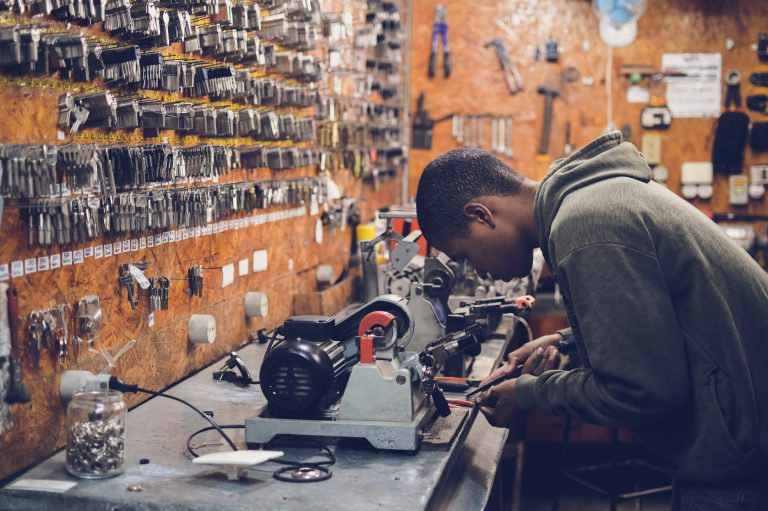Just A Little Bit Better
Take a little trip down memory lane and listen to everything you've ever heard about the act of improvement: "Practice makes perfect," "If at first you don't succeed..." From the dawn of time, humanity has been immersed in the challenge of growth, the whole of the species and every individual therein.
We've had to learn to do something. Most all of our ancestors somehow succeeded with this. Some did not. Those who did, for the sake of every beneficial thing, tended to share this knowledge with those who wanted to learn. That was and is always important.
But possibly more important was the effort of any given student to learn what they were shown. Hence, "practice make perfect..." We may like practice. We may hate it. We all understand this.
When we're young, its always tough to practice. We are creatures of instant gratification. We want to be able to do it now. Patience is rarely a virtue of the young. We will cheat and hack to acquire but this never leads to mastery of a topic. Only the reiterative application of effort delivers malleable skill and eventual prowess in what we set out to learn.
No doubt, this is due to that long term development of the brain that takes some 25 years to complete. Prior to completion, it always knows it all while knowing almost nothing. But as brain development moves to fruition, patience grows. We gain the insight of time - that it takes time and our willingness to occupy it to succeed at anything we wish to do.
Surely, besides the opportunity for cheap or unpaid labor, this is the intent of apprenticeship. One learns by doing and doing it over and over again. School can give you a lab where you learn the principles and see how they are applied but only in real-world engagement does the application of those principles come into its own.
The real world differs from the lab by complexity. A lab limits the variables so you can see the immediate actions and affects of what you are studying. The real world doesn't behave this way. It's a mess of onrushing, chaotic interactions where nothing goes according to plan and anything can and will happen.
Where in the lab we learn to actually make the affect happen, in the real world, we learn to massage the nuance of flowing changes to guide our efforts towards an acceptable success.
That may or may not work. Which means, in the real world, we have to adapt and realign, reassert, maybe succeed, maybe fail but in the end, deliver what we said we were going to do. A Master Craftsman was explained to me, "An apprentice knows how to do everything correctly. A Journeyman knows what mistakes are acceptable." That has been the case from before the beginning.
Your success in anything is a mix of outcomes over time. If we get caught in evaluating ourselves only on outcomes, we will be creatures of mixed, if not, disappointing success.
If, however, we become a creature of process, of ongoing effort in our art, we become the art itself, the work in progress, the very motion of becoming more than we were before.
We improve over time.
Improvement never needs to be that much. It can just be a little. A little improvement, sequentially stacked into a string of improvement normally leads to something better. No matter what you're trying to do, setting tiny improvement in play and letting it run through your life like a little background plot sets a hum in motion that, over time, lights up.
Its good to light up. Everything improves when we do.
Ignition that grabs your electrons and channels them into a stream of expression that gets stuff done, makes change. Moving into tomorrow is simply worthwhile for all of us.
We are surrounded by the news of how we do that. Access is everywhere. All we have to do is reach, fit into something and put in in motion. Then...
Lean into something better until it is.

